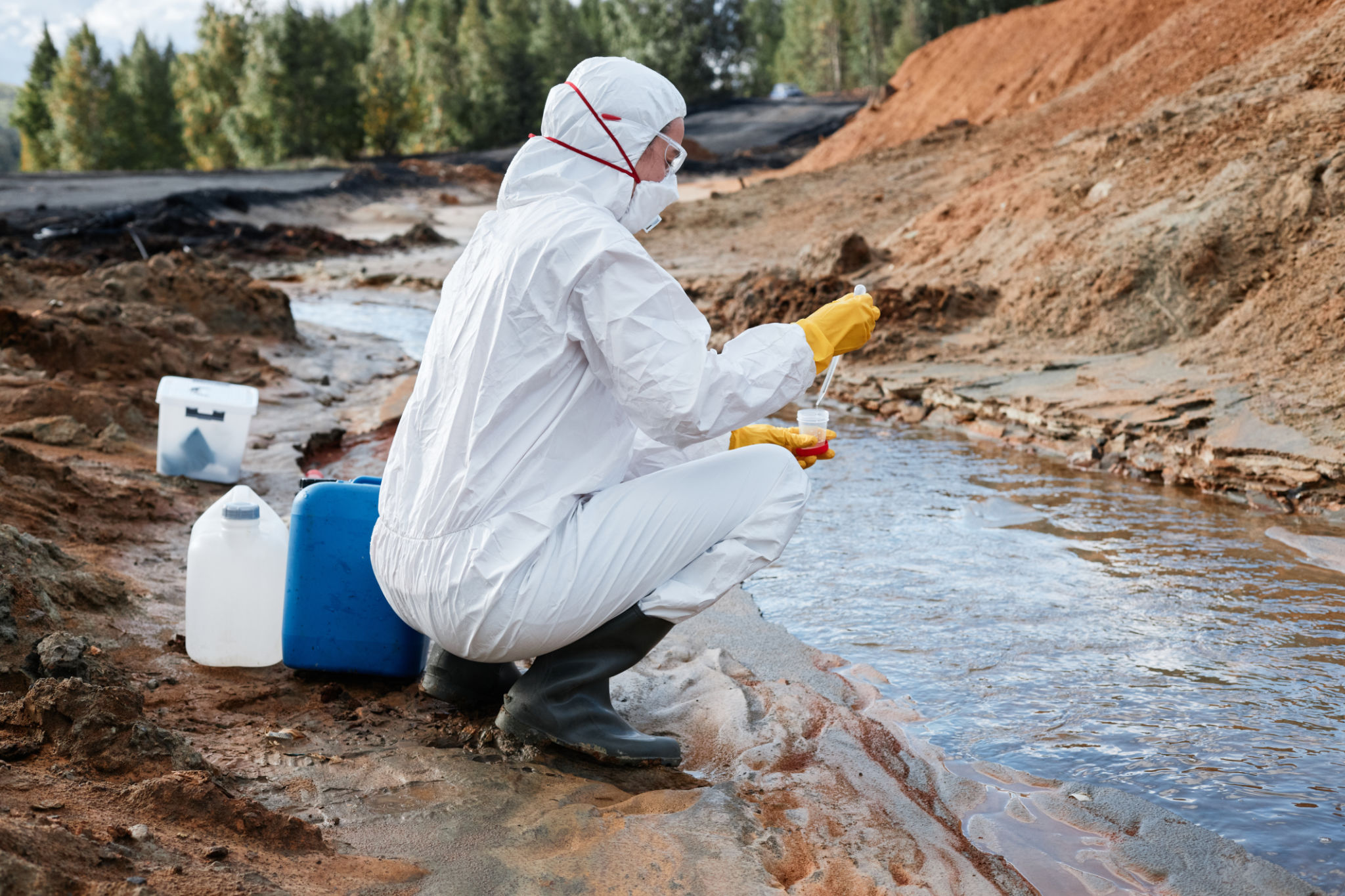Preparing Your Commercial Landscape for Extreme Weather Conditions
Understanding the Importance of Preparation
Extreme weather conditions can have a significant impact on commercial landscapes. From heavy rains and strong winds to scorching heat and deep freezes, these elements can damage plants, soil, and infrastructure. Preparing your commercial landscape for these conditions is not just about aesthetics; it's about ensuring safety and minimizing potential costs.

Assessing Vulnerabilities in Your Landscape
Begin by assessing the vulnerabilities of your commercial landscape. Identify areas prone to flooding, erosion, or wind damage. Consider the types of plants and materials used in your landscape and how they may be affected by extreme weather. This assessment helps in prioritizing areas that need immediate attention.
Conducting a Soil Analysis
Soil quality plays a critical role in how your landscape responds to weather conditions. Conduct a soil analysis to determine its composition and drainage capabilities. Poor drainage can lead to flooding, while compacted soil can restrict root growth. Addressing these issues early can prevent long-term damage.

Implementing Strategic Planting
Choosing the right plants is crucial for withstanding extreme weather. Select native or drought-resistant plants that can survive with minimal water during dry spells and withstand heavy rains. Grouping plants with similar water and sunlight needs can also improve resilience.
Using Windbreaks and Barriers
Windbreaks such as trees, shrubs, or constructed barriers can protect your landscape from harsh winds. These barriers not only reduce wind speed but also trap moisture, helping to maintain plant health. Strategically placing these elements can significantly reduce the risk of wind damage.

Maintaining Landscape Infrastructure
Regular maintenance of landscape infrastructure, such as walkways, retaining walls, and drainage systems, is essential. Ensure that these structures are in good condition and capable of withstanding extreme weather. Repair any cracks or weaknesses promptly to prevent further damage.
Preparing for Water Management
Efficient water management systems are crucial during extreme weather. Install or upgrade drainage systems to handle heavy rainfall and prevent flooding. Consider rain gardens or permeable pavements to enhance groundwater recharge and reduce runoff.

Creating an Emergency Response Plan
An emergency response plan is vital for protecting your commercial landscape. This plan should include steps for securing loose items, providing temporary shelter for sensitive plants, and a communication strategy for updating your team on weather conditions. Regularly review and update this plan to ensure effectiveness.
Engaging with Professionals
Consulting with landscaping professionals can provide insights and strategies specific to your location and landscape. These experts can offer tailored solutions for mitigating the effects of extreme weather, ensuring your commercial landscape remains resilient and attractive.
Conclusion
Preparing your commercial landscape for extreme weather is a proactive approach to safeguarding your investment. By assessing vulnerabilities, implementing strategic planting, maintaining infrastructure, and creating an emergency response plan, you can minimize damage and maintain a beautiful, functional landscape year-round.